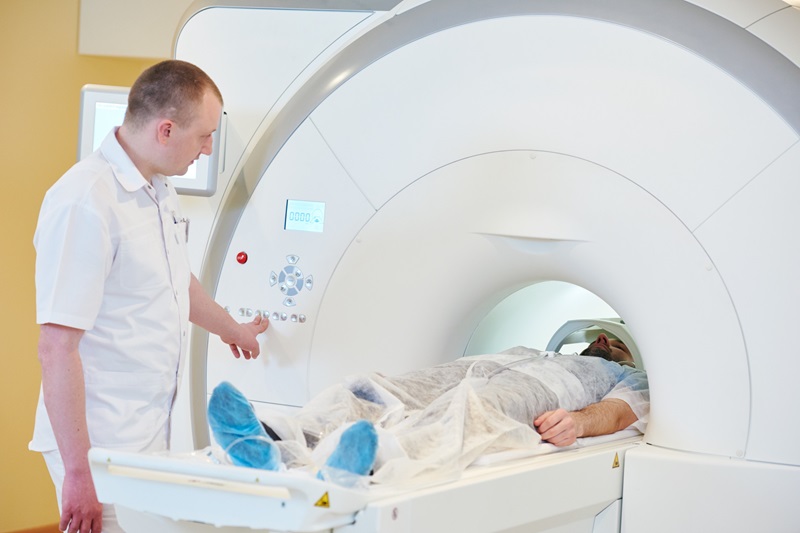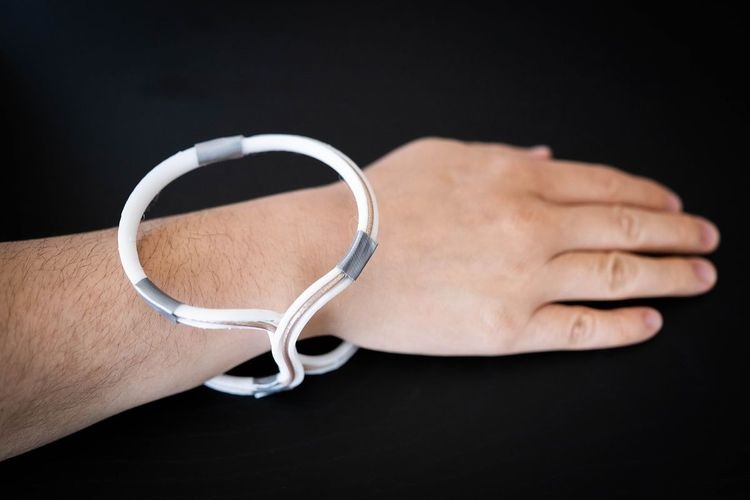MRI Could Help Doctors Predict More Aggressive Prostate Cancer in Patients
Posted on 13 Aug 2024
There is currently a growing trend of managing low-risk prostate cancer patients with active surveillance, which allows patients to avoid the side effects related to surgery or radiation. This approach is suitable for patients with less than half of one lobe of the prostate affected by cancer cells that show minimal mutation or change. However, the treatment decision becomes more complex for patients with intermediate-risk prostate cancer, where the cancer is confined to the entire prostate. While active surveillance remains the standard for low-risk cases, it has been uncertain whether patients with a slower-growing form of intermediate-risk prostate cancer should be monitored closely or receive immediate treatment. New research now indicates that an MRI scan can assist in predicting whether intermediate-risk patients might develop more aggressive cancer within five years. This insight could guide doctors in deciding whether to initiate treatment immediately or monitor the condition over time through active surveillance.
In the first ever study to evaluate the group of intermediate-risk prostate cancer patients, researchers from Corewell Health (Southfield, MI, USA) examined 1,500 low- and intermediate-risk patients to see if those with suspicious MRI findings showed progression to a more advanced disease stage within five years. The findings published in the Journal of Urology reveal that 36% of participants under surveillance for their prostate cancer exhibited more aggressive disease within that timeframe. Using an MRI classification system that assesses lesion suspicion, the study found that patients with high-risk imaging features were about 130% more likely to show disease progression on follow-up compared to those with low-risk imaging. The study uniquely demonstrated that suspicious lesions on an MRI posed more than double the risk of disease progression for both low and intermediate-risk prostate cancer patients, a finding previously unreported in those with intermediate-risk levels.

“Our data suggests that an MRI can show suspicious lesions based on size and markers of tumor aggression, which may help doctors differentiate a treatment path for these patients,” said Kiran Nandalur, M.D., principal investigator of the study and a radiologist at Corewell Health William Beaumont University Hospital. “The implication for patients and doctors is that an upfront MRI is important before undertaking any active surveillance for prostate cancer since it may help predict if an individual might come back with worse disease later. This type of imaging helps pave the way for treatment planning so patients can live their lives to the fullest whether they decide to watch their cancer or seek treatment.”
Related Links:
Corewell Health














